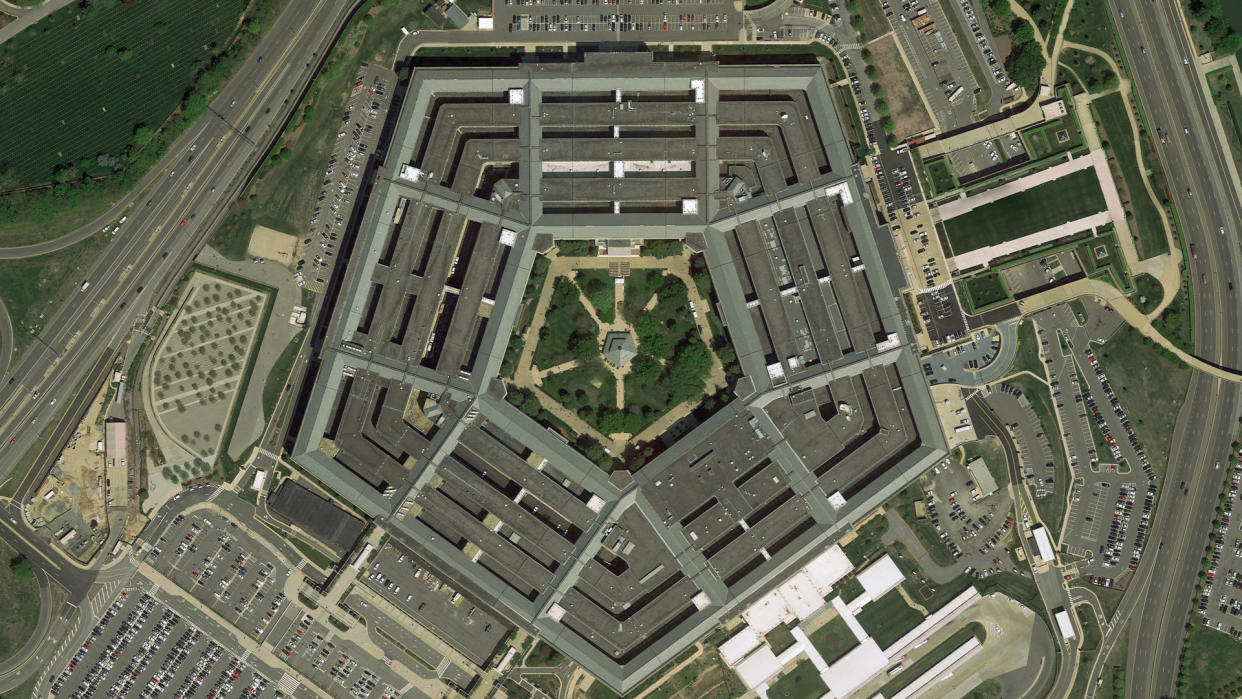Pentagon says it's impossible to ditch Huawei telecom gear — officials beg Congress for waiver from Chinese sanctions

Since 2019, the U.S. Department of Defense has been asking for a waiver from legislation barring it from doing business with companies reliant on telecommunications equipment manufactured by Huawei. With increased tensions between the U.S. and China and an ongoing chip war, that waiver may be harder to obtain. Still, Pentagon officials insist it would be impossible to lock Huawei out of all of the department’s operations.
The prohibition was signed into law as part of the 2019 National Defense Authorization Act. Under Section 889 of that act, government agencies are barred from entering into or renewing contracts with any country or company that uses Huawei telecommunications equipment.
The problem is that Huawei is the largest telecom provider in the world. According to Fortune, the Chinese company accounts for nearly one-third of all telecommunications equipment revenue globally. Many nations cannot shy away from the Chinese firm. Huawei’s products are often much less expensive than competing ones, and gutting an entire telecoms network to switch manufacturers would be a costly undertaking.
Former Defense Department official and founder of 5M Strategies Brennan Grignon said, “There are certain parts of the world where you literally cannot get away from Huawei.” She said that while the original legislation had good intentions, she doesn’t believe it was thought through very well.
Not everyone agrees the Pentagon should get a pass on avoiding working with Huawei customers. Some say the Defense Department needs to work more quickly and assertively to freeze Huawei out of its operations. Clyde Prestowitz, president of the Economic Strategy Institute, went so far as to call the Defense Department lazy. He says the Pentagon should leverage the fact that “for companies in those areas, to have big business with the U.S. Department of the Defense is important.”
Pentagon officials insist that granting the waiver authority is essential. They say it would enable important resupply missions in various parts of the world and maintain national security. U.S. military personnel often depend on Huawei networks, whether they are special operators on missions in the Indo-Pacific region or senior officers representing the U.S. at international air shows.
Congress is currently debating the next iteration of the National Defense Authorization Act, scheduled to take effect in 2025. Some lawmakers acknowledge that the Pentagon’s waiver authority is needed but won’t say when or if it will be added to the act. As of this writing, no waiver has been included in the draft of the act. If not resolved, defense officials say national security could be jeopardized, not assured.

